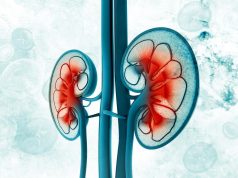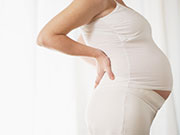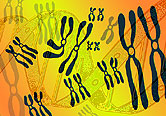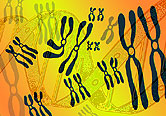New Classification Criteria Developed for Gout
Classification criteria, which include clinical, lab, imaging domains have high sensitivity, specificity
Gene Variant May Boost Effect of Higher-Protein Diet in T2DM
Researchers find benefit for those with gene variant related to vitamin D metabolism
More Evidence Daily Aspirin May Protect Against GI Cancer
Four-year study found survival doubled for GI cancer patients who took low-dose pill each day
Biomarkers Help ID Complications in Pregnant Women With Lupus
As early as 12 weeks, could signal danger of complications for both mother and infant
Prospective Validation of 21-Gene Risk of Recurrence Score
Score identifies breast cancer patients with low risk of recurrence who may be spared adjuvant chemo
Exposure to BPA in Pregnancy Tied to Low Birth Weight in Girls
Bisphenol A levels also linked to slightly longer pregnancies
Age, Obesity Affect Gene Expression in Symptomatic BPH
Age, obesity promote methylation, suppression of 5α-reductase 2
Tips Offered for Management of Genetic Conditions in Pregnancy
Committee opinion recommends multidisciplinary approach from preconception through postpartum
No Link for Coffee Consumption and Atrial Fibrillation
True even among those with the highest levels of coffee consumption
Ebselen Shows Potential for Drug-Resistant Clostridium difficile
Mouse study finds treatment safe and effective; currently unknown if therapy will help in humans



















